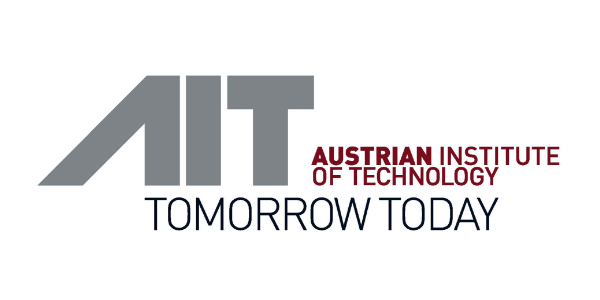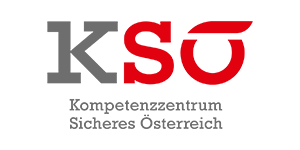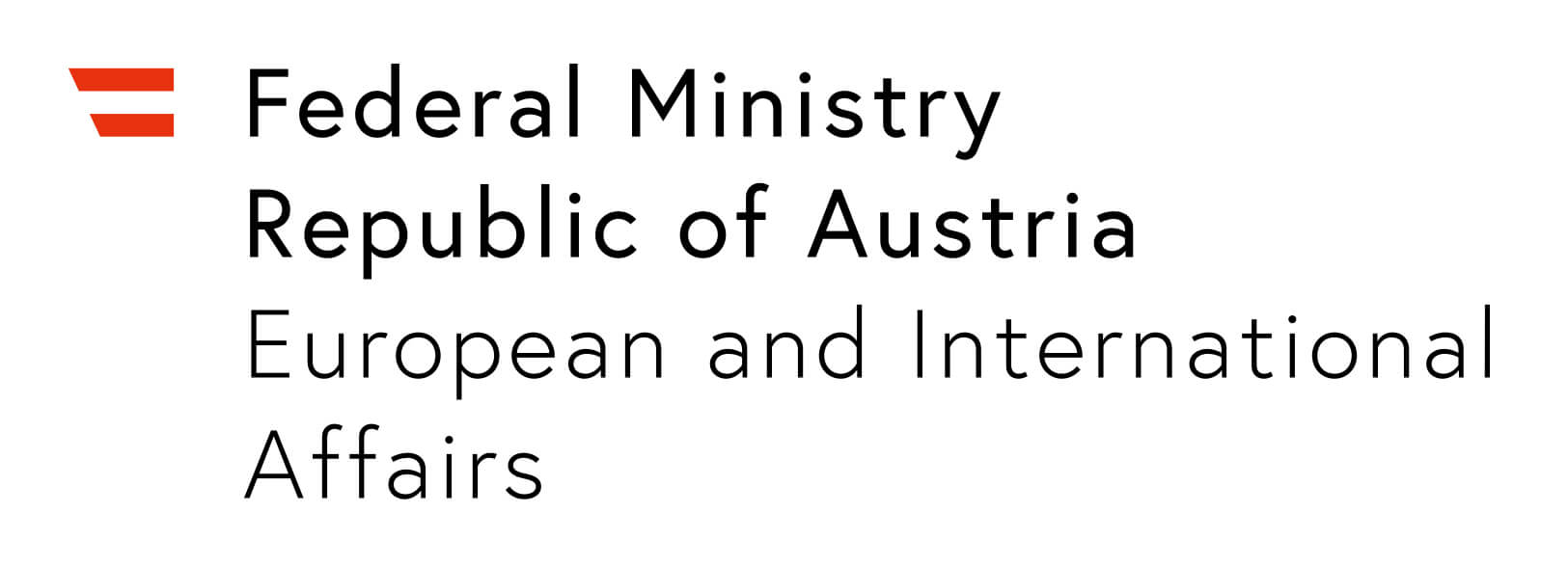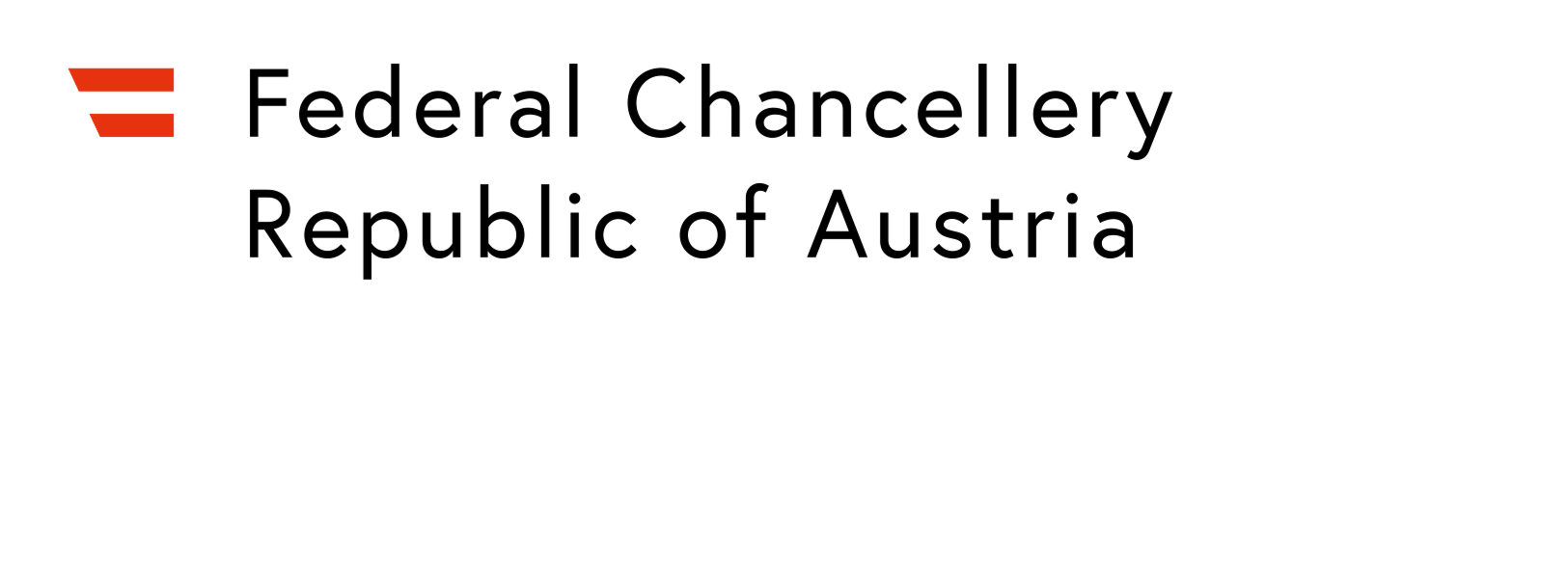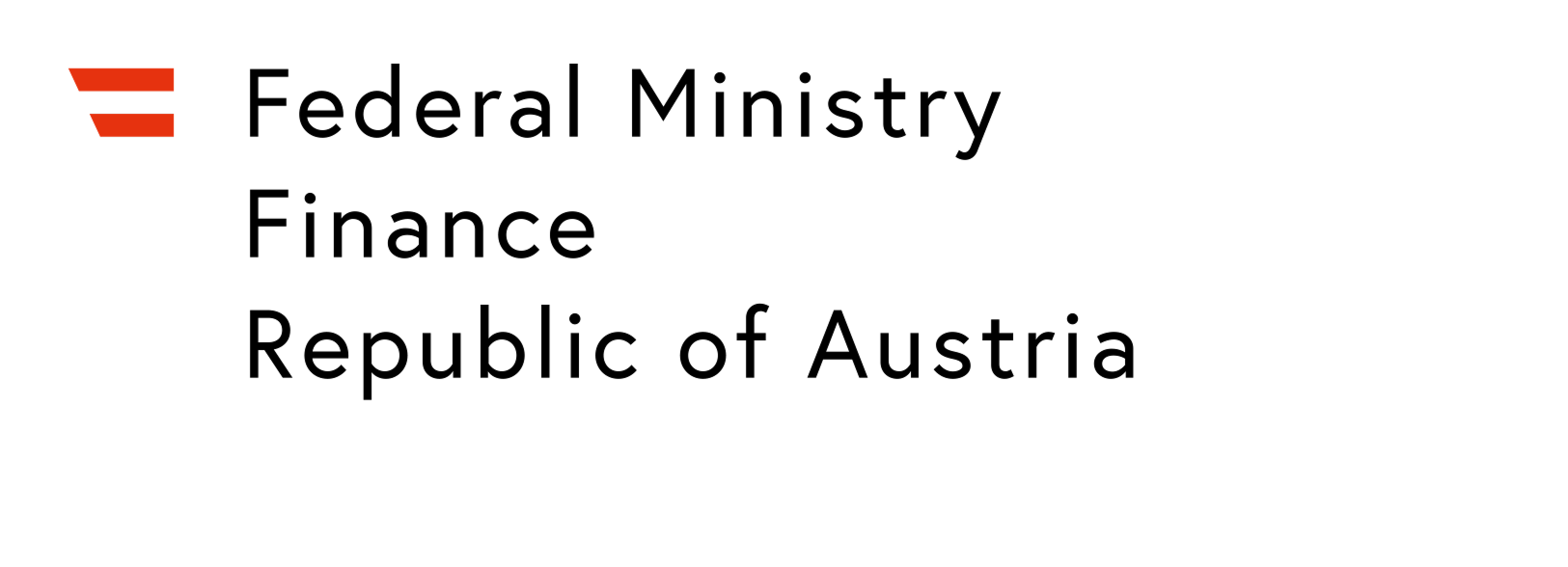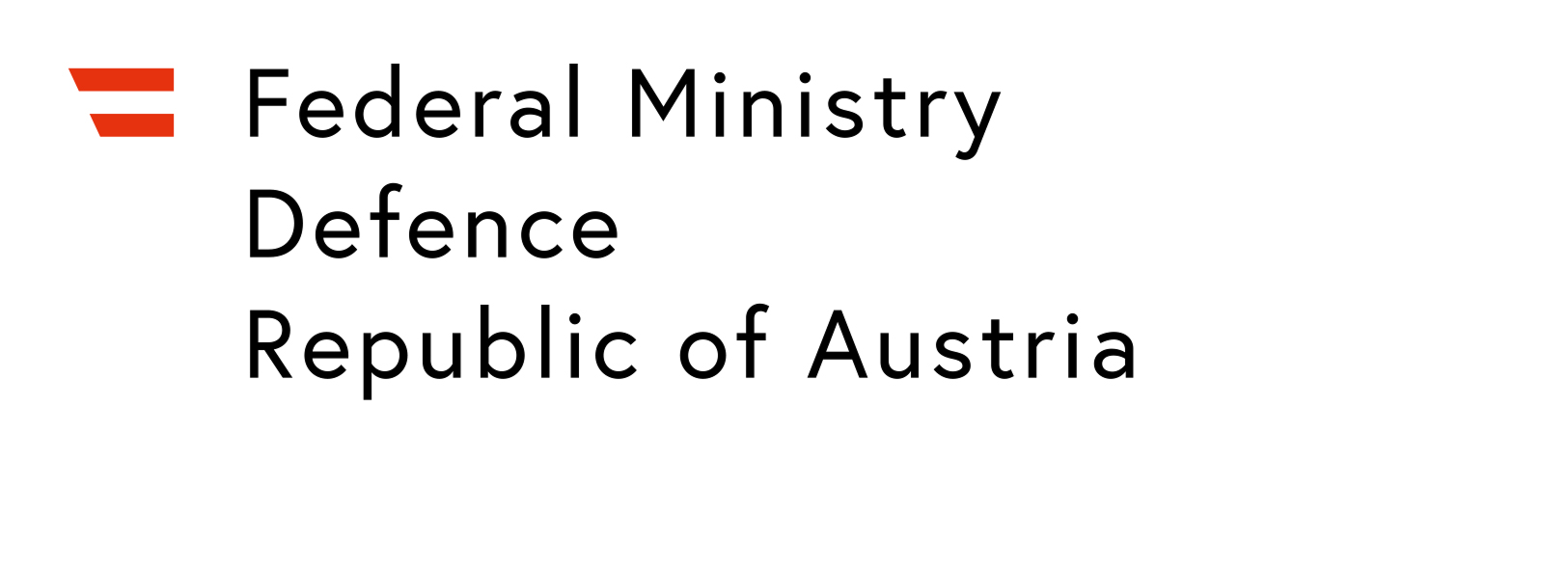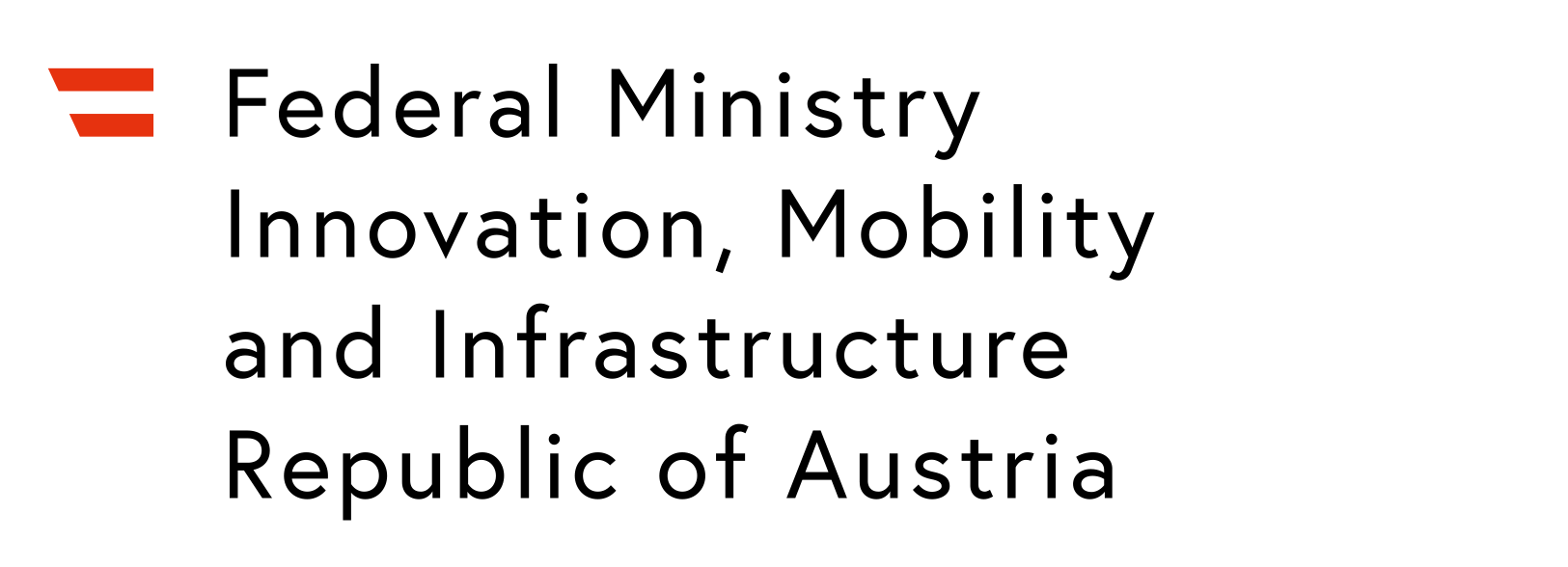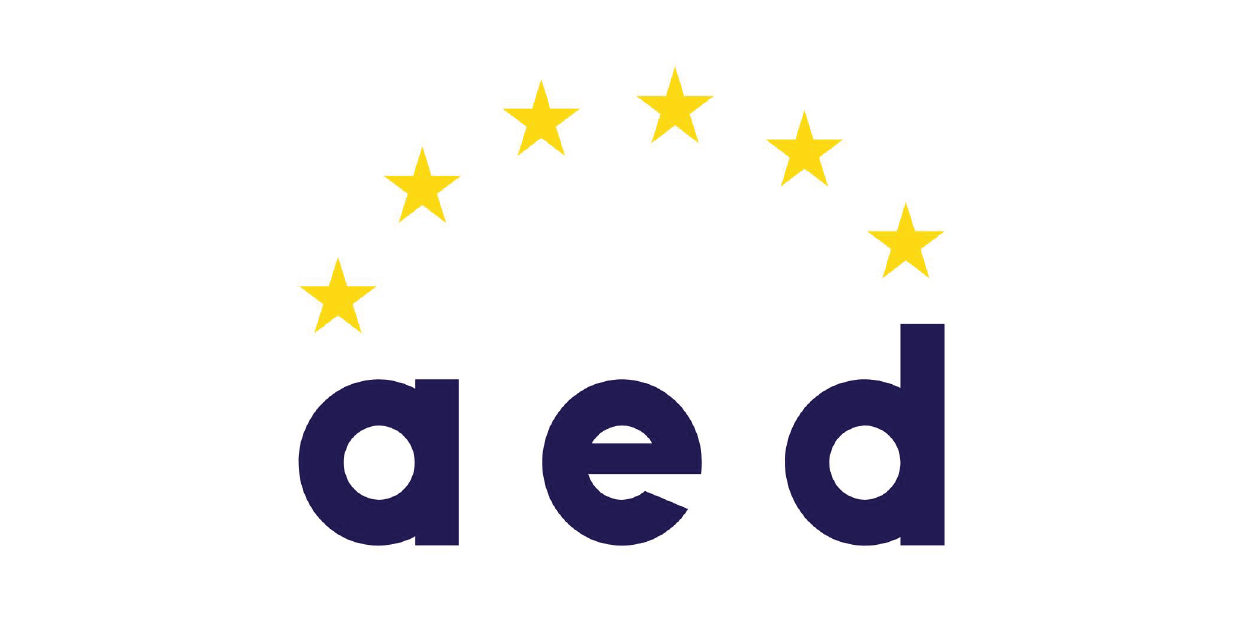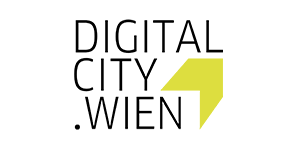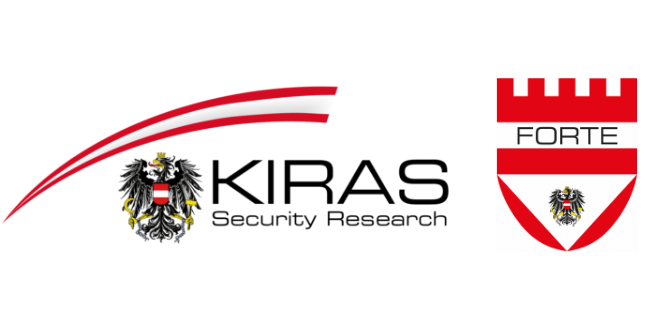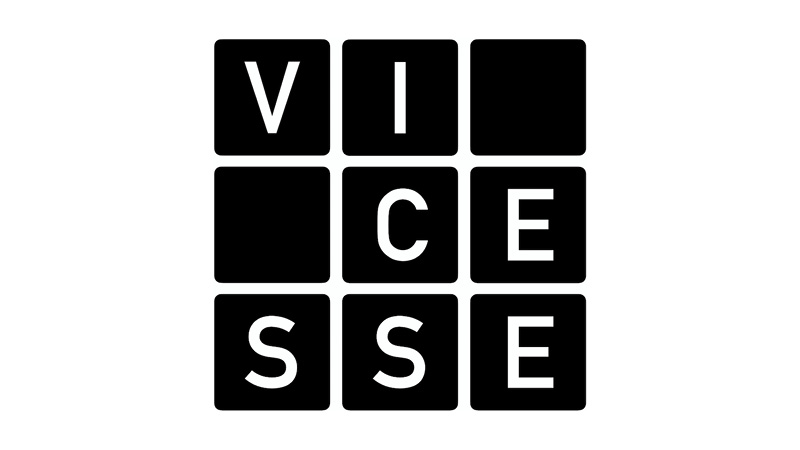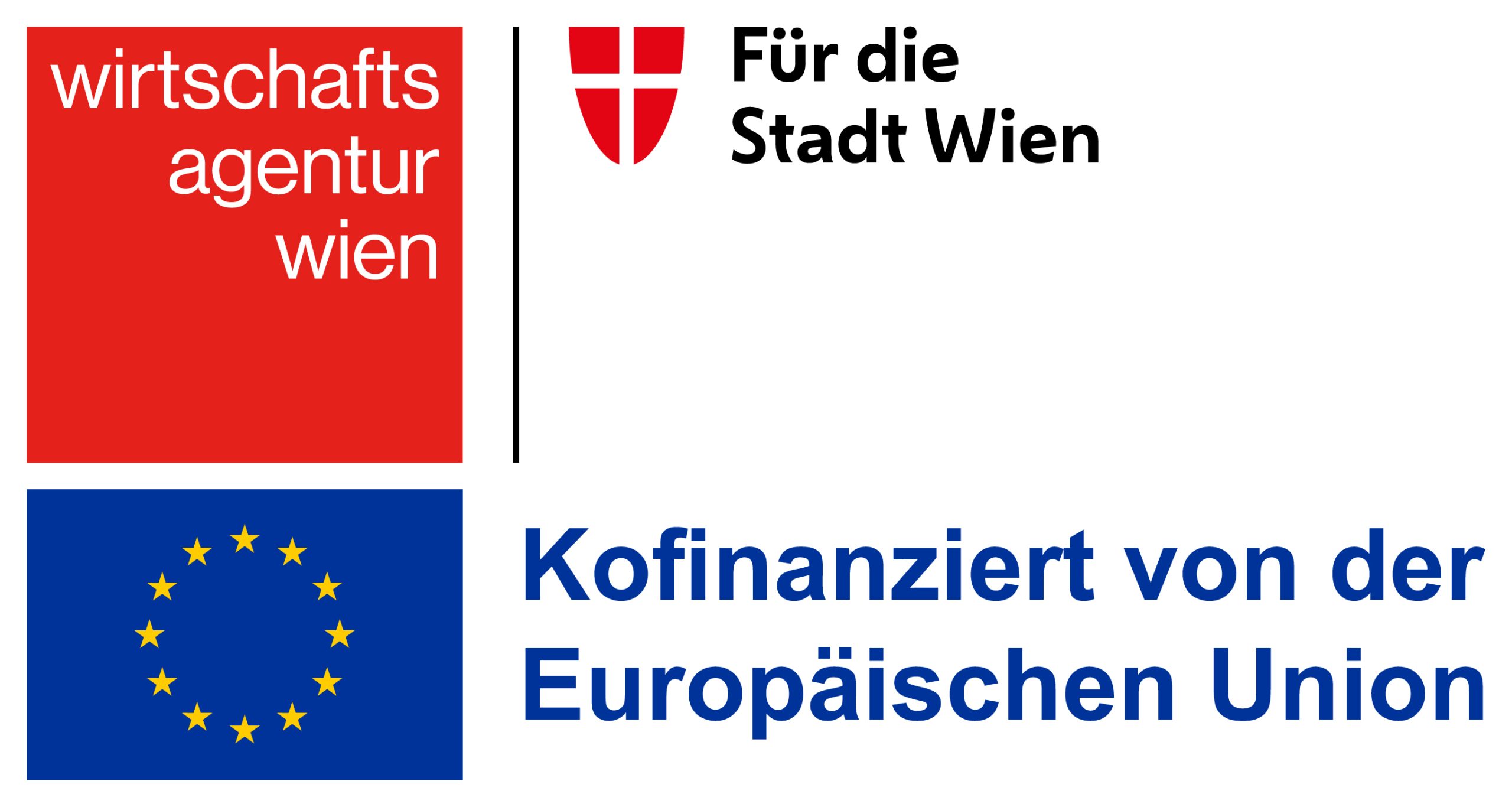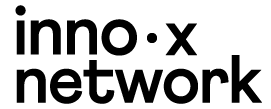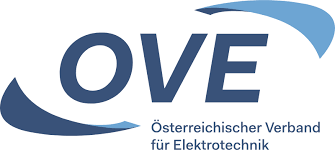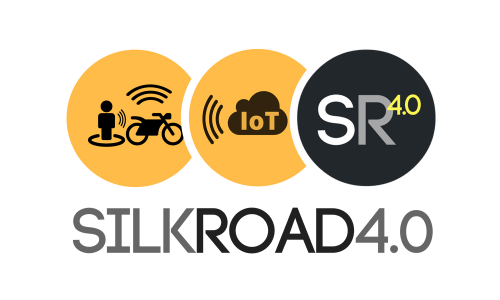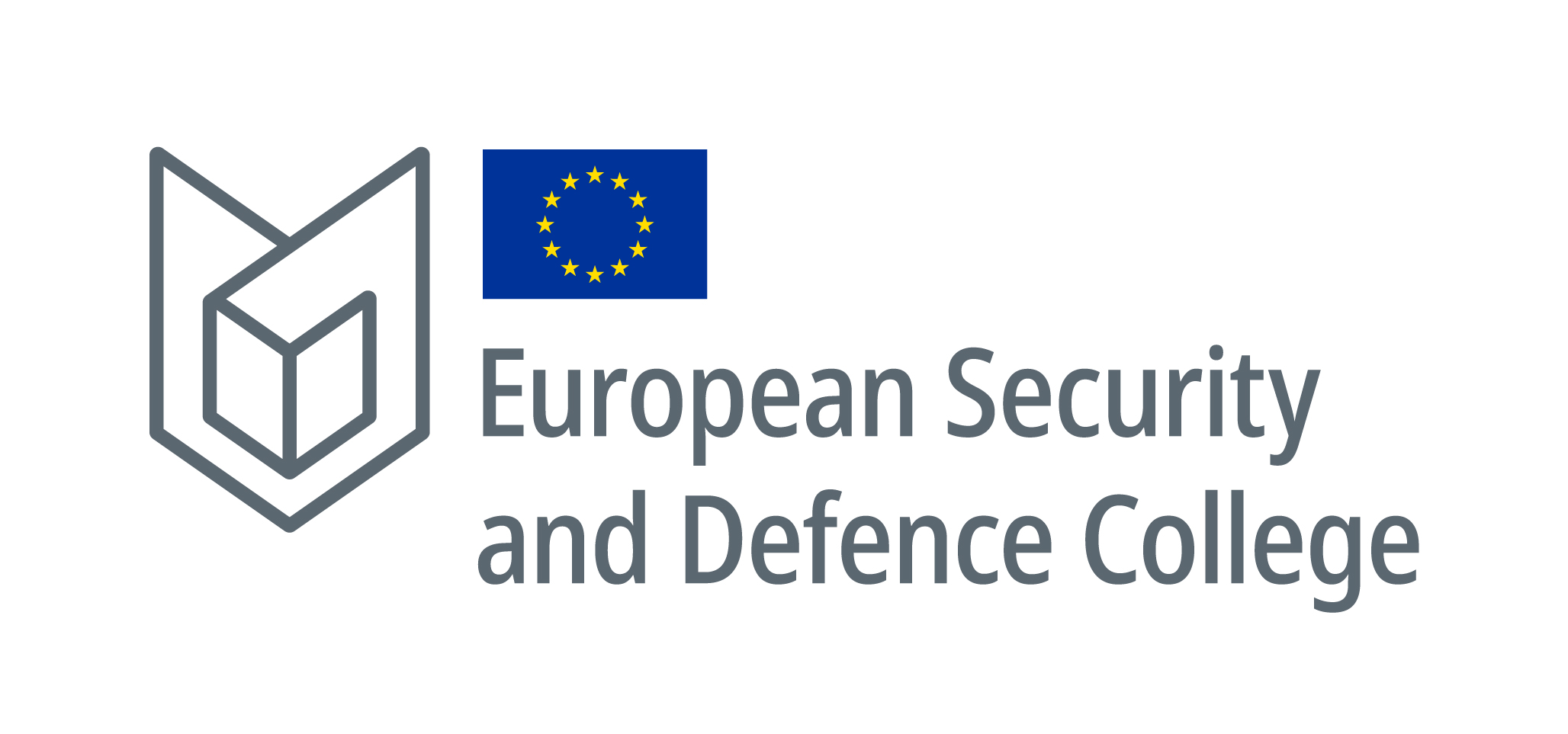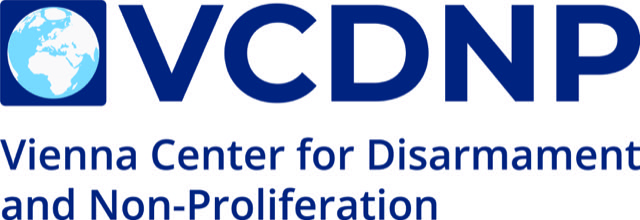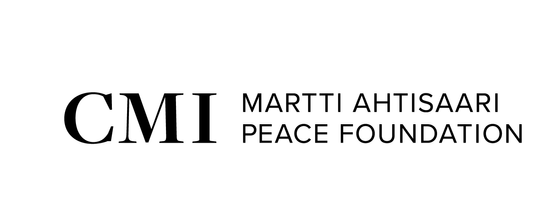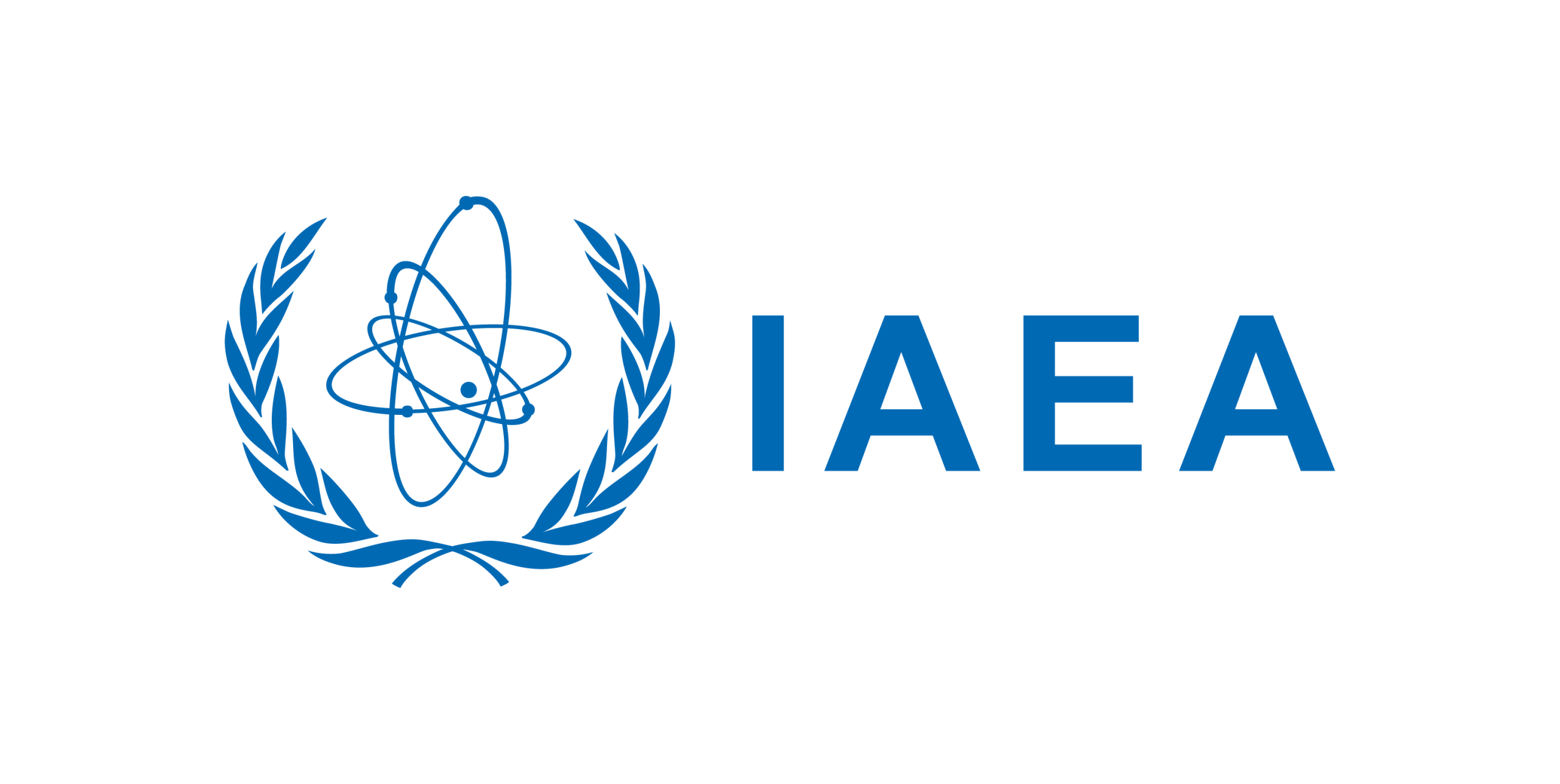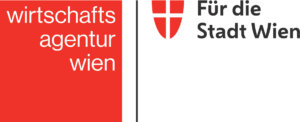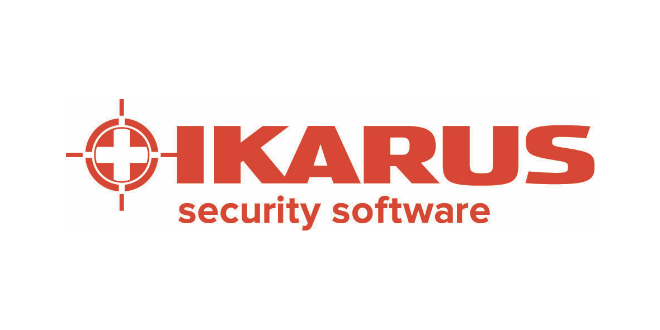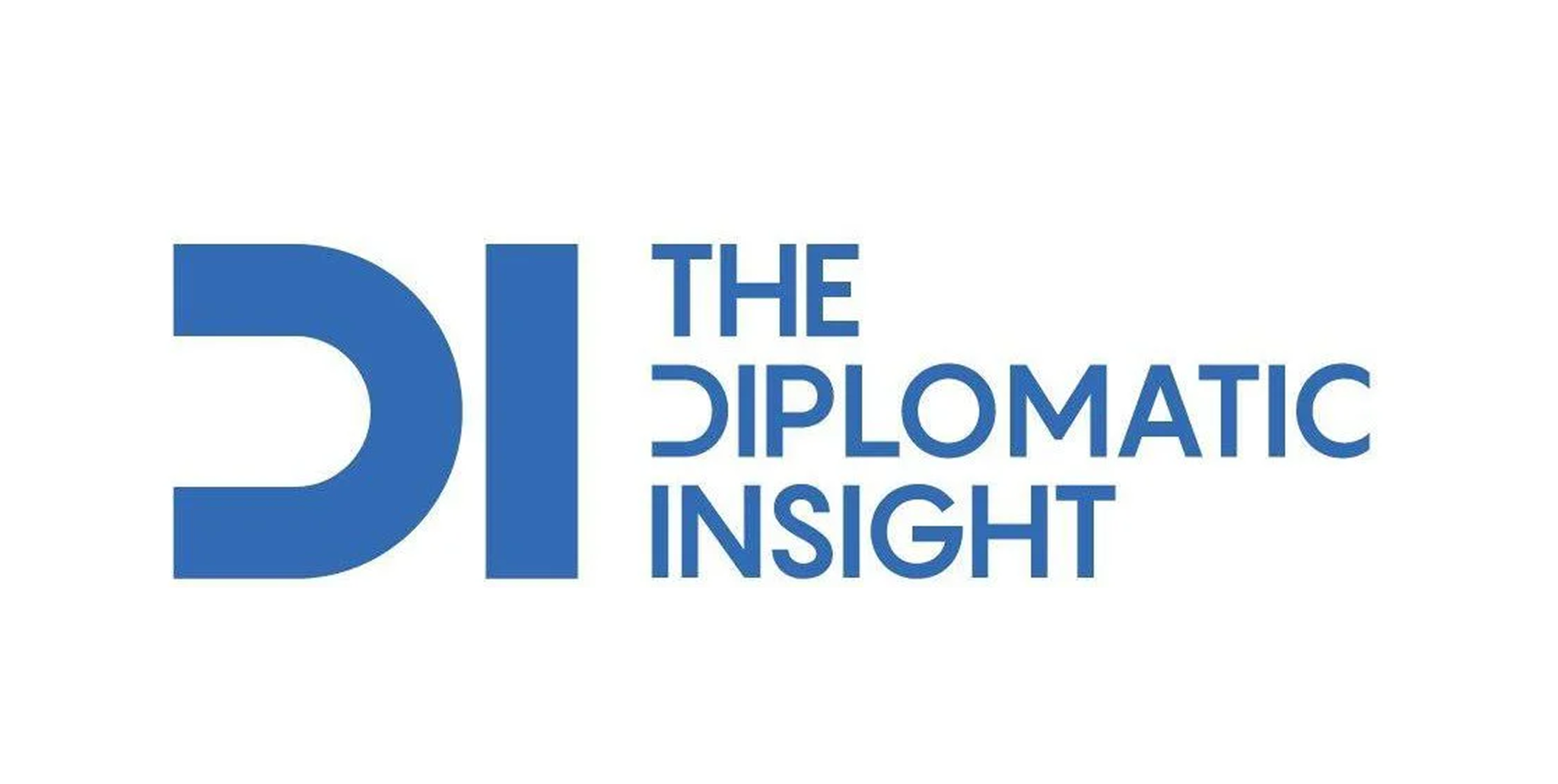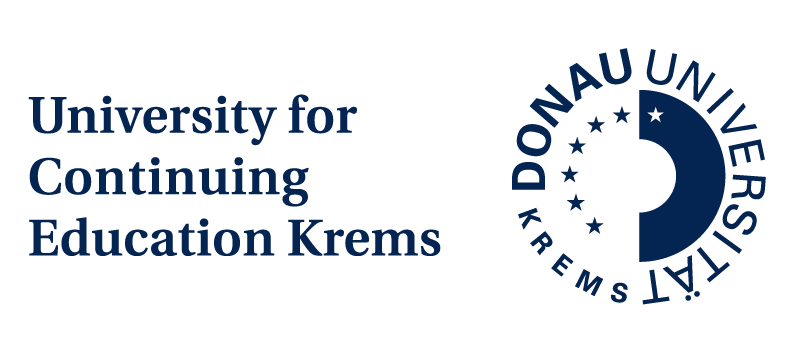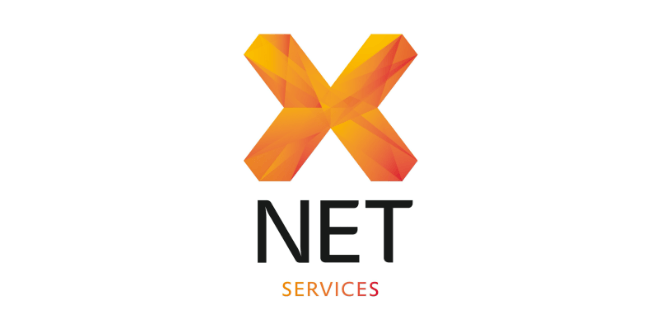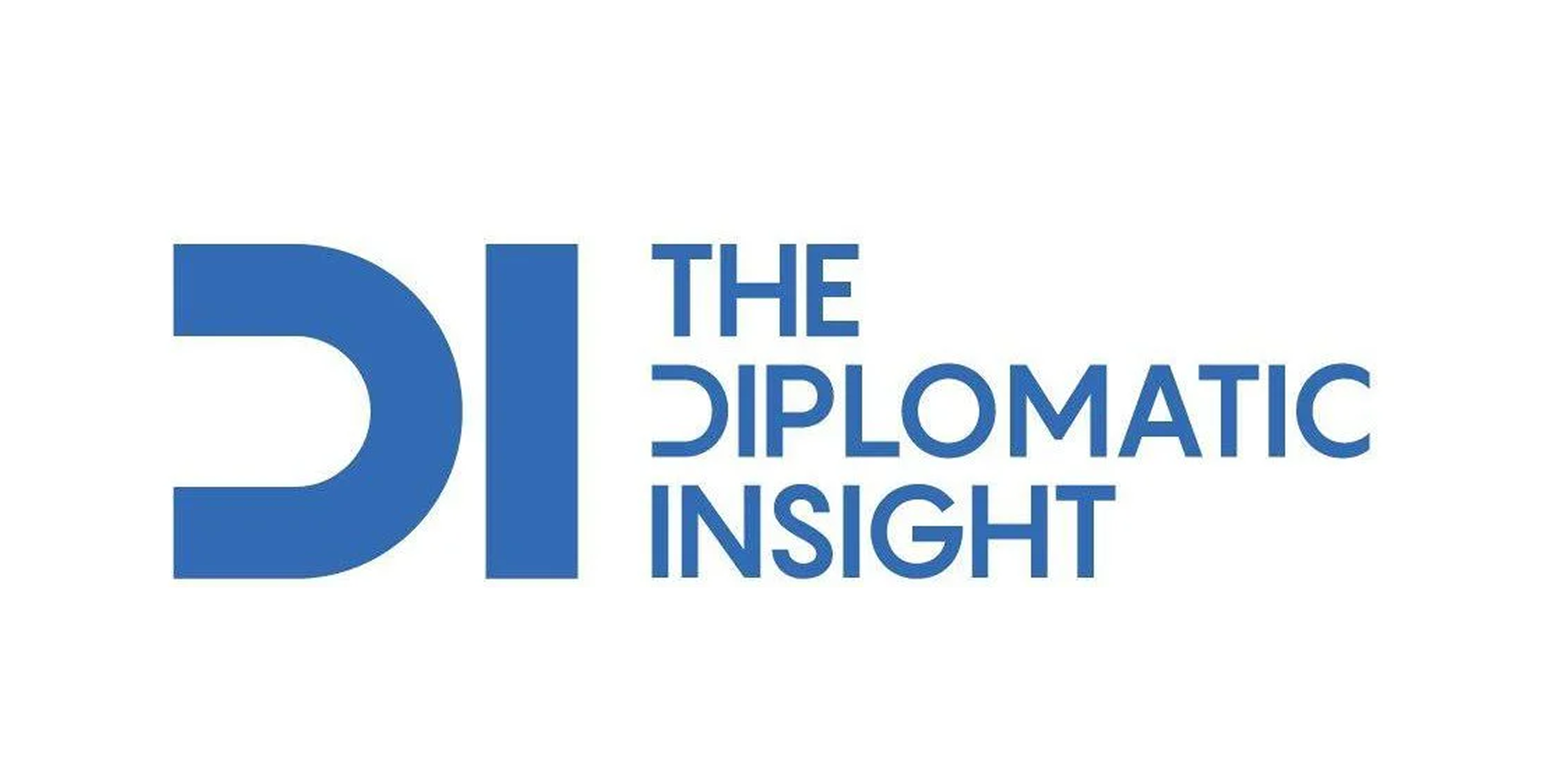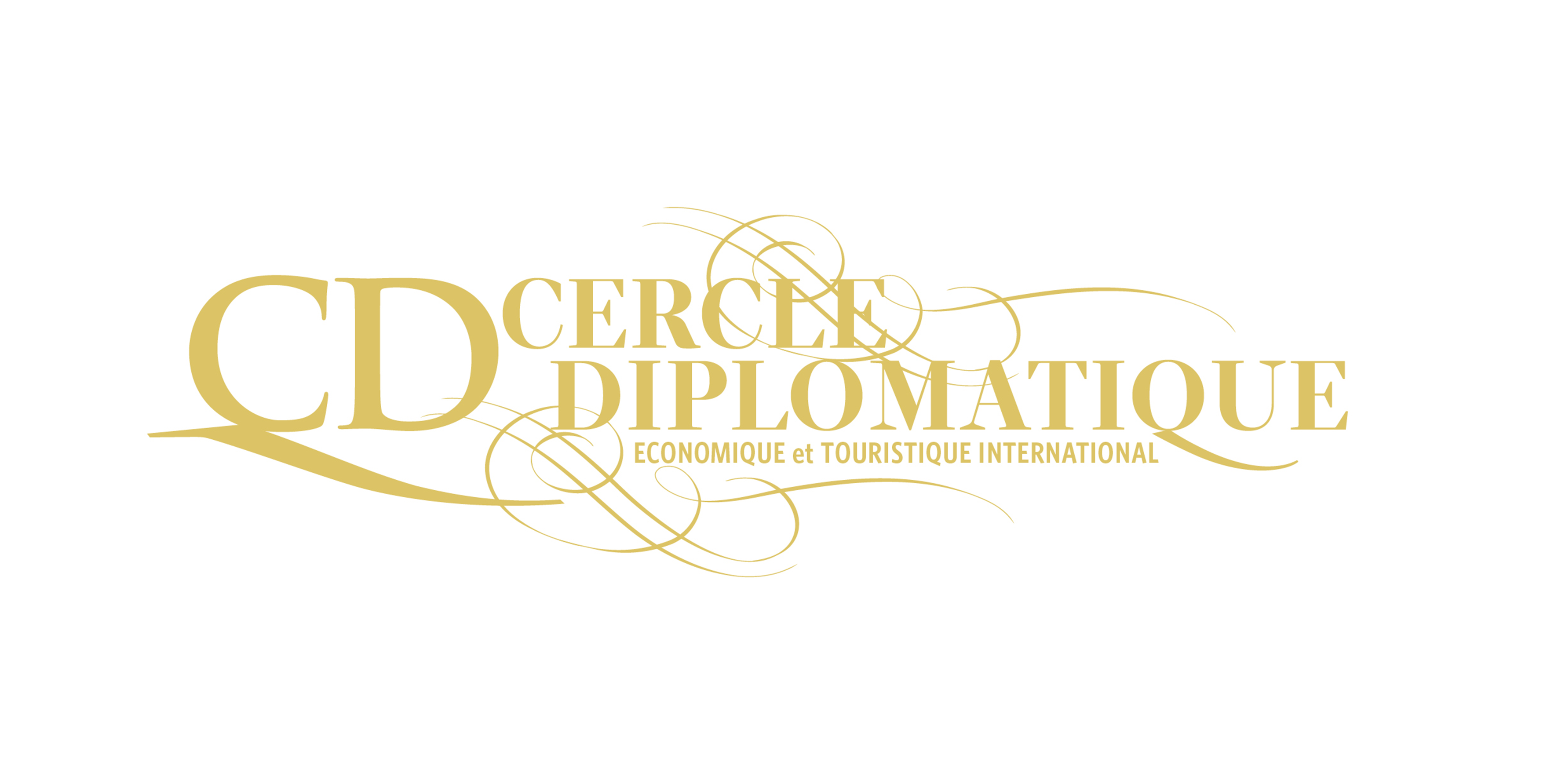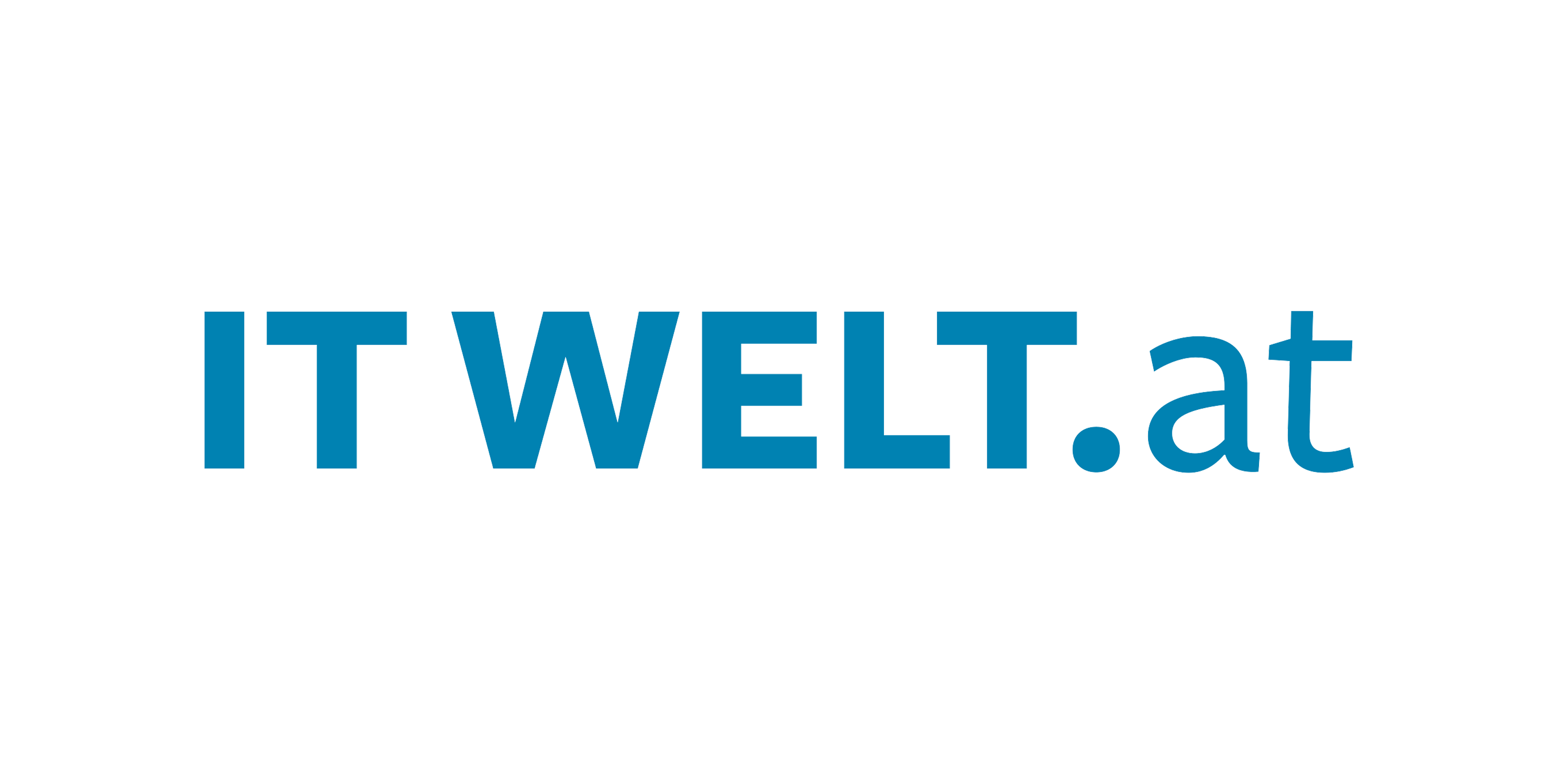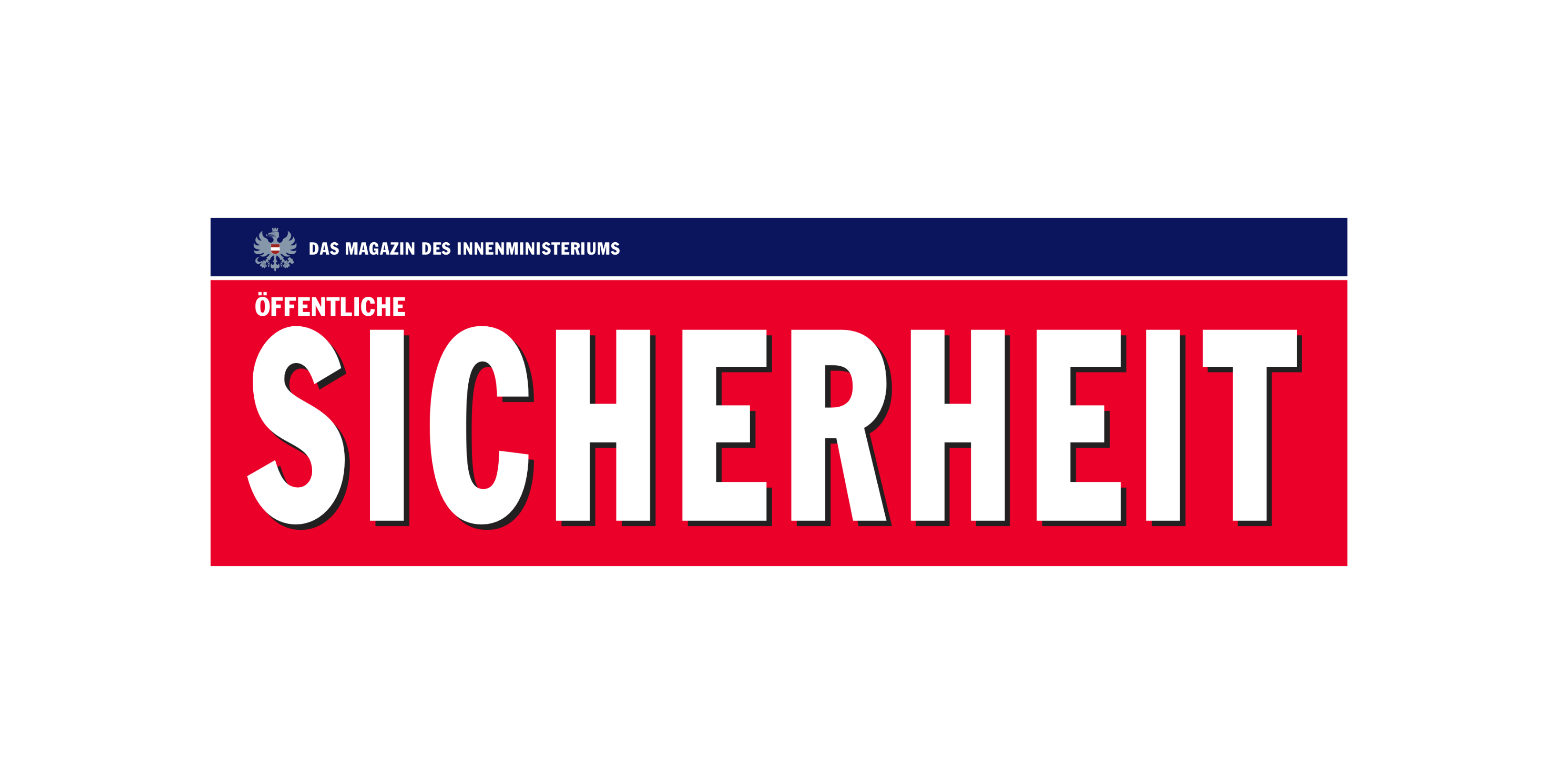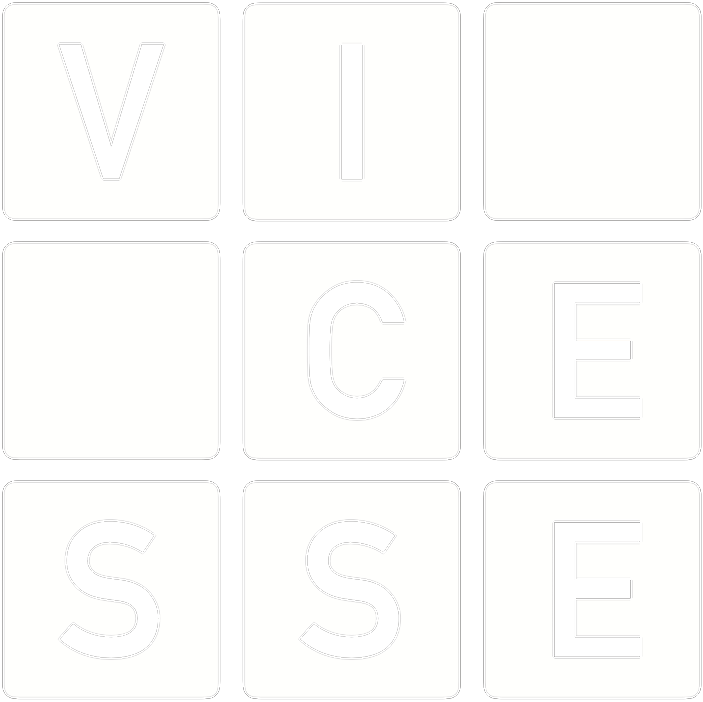Conference Programme 2025
Welcome to the programme of the 4th International Digital Security Forum (IDSF), to be held from 4. – 6. June 2025 in Vienna, Austria. We are continually working to update and expand our agenda, with the aim of offering you the latest insights into key topics, expert discussions, and groundbreaking innovations in digital security. We warmly invite you to check back regularly for further details, including confirmed speakers and additional program highlights in the coming days.
The programme is composed according to the motto “Balancing Sovereignty and Solidarity in the Digital Age” of this year’s International Digital Security Forum (IDSF) in Vienna. The lead topic focusses on digital transformation which challenges states to maintain their open strategic autonomy and sovereignty while fostering global solidarity in leveraging the benefits and addressing risks and cyber threats. Digital sovereignty emphasizes control over national data and infrastructure, while digital solidarity relies on international cooperation to develop common security standards and share knowledge. #IDSF25 will explore this crucial balance from a variety of technological and thematic perspectives.
Day 1
Wednesday, June 4, 2025
Policy Making
Registration
– 09:15
- Arena 21
Welcome
Moderator:
Participants:
– 09:45
- Arena 21
Opening Ceremony
Moderator:
Participants:
– 10:00
- Arena 21
An introduction to the implications of Quantum Technologies for Peace and Security
This keynote will explore the transformative potential of quantum technology, from computing to communications and sensing, and its military applications and its role in international peace and security, including arms control. It will also highlight the urgent need for proactive policymaking and oversight to ensure that the benefits of quantum advances are maximized while managing their risks to international security.
Keynote:
– 11:15
- Arena 21
Beyond Digital – Tech Diplomacy in a Quantum World
Quantum technologies, while still evolving, are poised to disrupt existing security paradigms. The session will unpack the impact of quantum technologies on broader security dynamics, its ramifications for secure communication and critical infrastructure as well as for the broader peace and security agenda. It will also explore the changes that might be brought about in the military and defence field exploring how these will shift the dynamics of warfare, defence and impact strategic stability considerations. It will also look into the possible impact on economic security and technology souvereignity agenda.
By bringing together experts from diplomacy, policy, industry, and academia, this session will highlight how quantum and other emerging technologies intersect with digital sovereignty, cybersecurity, and global security architectures. It will also address the role of diplomatic engagement in shaping international norms, export controls, and cooperation mechanisms that prevent fragmentation and ensure a balanced and secure technological future.
The session will discuss how techdiplomacy can serve as a bridge to reduce vulnerabilities, and create governance frameworks that align with democratic values and strategic interests.
Chair:
Participants:
– 11:30
- Arena 21
Break & Exhibition
– 11:45
- Arena 21
Reclaiming our Digital Commons for Security, Peace, and Solidarity
In a digitised world of exclusion and control, a human-centric digital commons offers a transformative vision grounded in openness, equity, and collective empowerment. This keynote will propose a path towards building a digital commons that moves beyond profit-driven tech, embracing shared stewardship, participatory governance, and universal access as cornerstones of peace and security. It will explore the resilience of networked communities, shaping technologies that reflect their needs—fair, sustainable, and inclusive. And how data and tools freely shared, reusable, and adaptable under transparent terms play a role in safer, more just and equitable societies with a people-centric tech ecosystem. By treating the digital commons as a living, co-managed resource, the keynote will argue that a commons-based governance system will enhance security online, countering exploitation and opacity, building trust through accountability, and offline, equipping societies with accessible, reliable tools to bridge divides and strengthen resilience against conflict. As a key part of the digital commons, security is reimagined as a commitment to justice that sustains peace and strengthens cooperation and solidarity.
Keynote:
– 13:00
- Arena 21
Bridging Continents: Human-Centric Data Governance and Data Sovereignty for Peace and Security
As digital technologies shape the future of peacebuilding and security, we must ask: are the data and tools we rely on truly fit for purpose? This panel will explore the challenges of Western-centric data systems, the importance of data sovereignty, and the role of human rights in ensuring ethical, human-centric data governance. By addressing these issues, we’ll examine how to empower local communities, build trust through transparency, and create digital solutions that would be more fit for purpose, because if PeaceTech and the data sources that support it are not accessible, they are pointless. Join us for an engaging on bridging continents and making data work for peace and security.
Chair:
Participants:
– 14:00
- Arena 21
Lunch Break & Exhibition
– 14:15
- Arena 21
Europe’s Digital Sovereignty in a Fragmented World: Policy Lessons and Strategic Imperatives
In this keynote, the author of 40 Years of EU Digital Policies: Forgotten Lessons reflects on Europe’s evolving quest for digital sovereignty. Offering a holistic perspective on the continent’s digital transformation, the speech draws on decades of policy experience to uncover overlooked insights and critical lessons. It will outline strategic imperatives for Europe in an era of accelerating global fragmentation.
Keynote:
– 15:30
- Arena 21
The Next Generation of Trusted Data Sharing (Gaia-X)
Sovereign digital ecosystems (data spaces) are the basis for a competitive economy and self-determined (sovereign) digital economy. Based on the actual market developments there is a risk of loss of value creation, prosperity and sovereignty for individual member states and firms. Sovereign digital ecosystems according to standards are the basis for being able to assert oneself in the competition of global value chains and data is the fuel of digital ecosystems and is the basis for every AI strategy. This session will explore how current data space initiatives such as Gaia-X are driving this transformation, enabling trusted, secure data sharing.
Chair:
Participants:
– 16:00
- Arena 21
Break & Exhibition
– 16:10
- Arena 21
Persuasive Technologies: What they are, how they affect us, and how they may be harnessed for security and propaganda?
– 16:20
- Arena 21
The Cognitive Arms Race: Minds, Rights, and Ethics in the Age of Neurotechnologies and AI
In this keynote, the rapid evolution of neurotechnologies will be explored, examining their potential in the health and non-health sector. The keynote speech will discuss the ethical challenges, risks, and benefits of these innovations, and propose frameworks for responsible decision making to ensure their alignment with fundamental values and human rights.
Keynote:
– 17:30
- Arena 21
Persuasive Technologies: Cognitive Security Risks in the Age of AI, Quantum, and Neurotech
The convergence of neurotechnologies with artificial intelligence (AI), quantum computing, and biotechnology is reshaping security landscapes, introducing new opportunities and unprecedented risks. Brain-computer interfaces (BCIs), neuro-enhancement, and cognitive monitoring tools can enhance human performance but also expose societies to cognitive warfare, cyber vulnerabilities, and ethical and human rights dilemmas. The integration of AI-driven neural data analysis, quantum-secured brain-computer communications, and biotech-enabled neuro-enhancement raises critical concerns for digital security, privacy, and governance.
Experts from neuroscience, cybersecurity, international governance and law will assess the security implications of this technological convergence and discuss policy for strategies, international cooperation and governance frameworks in order to prevent harm and mitigate risks while leveraging the positive transformative potential for public health.
The Panel will explore the threat landscape as to how malicious actors could exploit neurotechnologies for manipulation and cyber threats and will look int ethical, legal and governance challenges, inter alia risks to privacy, neural data protection, and regulatory gaps.
Chair:
Participants:
– 17:45
- Arena 21
EU-US Data Transfers in a New World Order
A teaser of the coming European Court of Justice “Schrems III” Decision as an outlook for the International Data Transfer.
– 19:00
- Arena 21
Responsible R&D by Balancing Innovation and Regulation
The intersection of innovation and regulation in digital security is more critical than ever. As Europe strengthens its cybersecurity framework through new regulations and Acts, the challenge lies in fostering technological advancements while ensuring compliance and resilience. This session brings together experts to examine how Public-Private Partnerships (PPPs) can bridge the gap between policy and practice, with perspectives from civil society, independent security researchers, academia, and other non-state actors. Discussions will focus on how national and EU funding programs can empower businesses, drive secure digital transformation, and enhance global cybersecurity competitiveness.
Chair:
Participants:
– 15:30
- Barock Suite A
Digital Sovereignty in a Connected World: Navigating Between Openness and Control
In light of recent geopolitical tensions, cyber threats, and growing dependencies on a few dominant tech providers, digital sovereignty has emerged as a key priority on the global agenda. This panel will explore how European Union and institutions are redefining their approach to digital infrastructure, data governance, and strategic autonomy. As reliance on foreign IT systems and the goodwill of large technology companies deepens, so too does the urgency to build resilient, secure, and sovereign digital ecosystems. The discussion will address how international cooperation, trust-based governance, and shared standards can help balance national control with global connectivity — and what it will take to shape a fair and inclusive digital future.
Chair:
Participants:
– 17:30
- Barock Suite B
AI for Peace: The Promise and Peril of AI-Powered Engagement in Conflict Zones
How can artificial intelligence support inclusive dialogue in some of the world’s most fragile and hard-to-reach contexts? This interactive workshop, hosted by CMI – Martti Ahtisaari Peace Foundation, explores the innovative use of AI-powered tools to enhance participation and inclusion in peace processes, with real-world cases from Yemen and the South Caucasus. Drawing on field experience, the session will demonstrate how AI has been used to analyze local perspectives, extend outreach to marginalized communities, and complement in-person dialogue in politically sensitive environments. Participants will engage directly in group reflections and live interactive components to explore both the potential and pitfalls of AI in peacemaking — including questions of bias, privacy, and representation. Designed for practitioners, policymakers, and technologists, this 90-minute session invites you to co-analyze emerging methodologies and consider how to responsibly harness AI in peace and security work.
Chair:
Day 2
Thursday, June 5, 2025
Cyber Security
Registration
– 09:15
- Arena 21
Welcome Speech
– 09:30
- Arena 21
Opening Speech
– 09:45
- Arena 21
How Cyber Security Regulations Are Reshaping Industry Operating Models?
Keynote:
– 11:00
- Arena 21
Digital Security & Transnational Infrastructures
As digital transformation accelerates globally, the resilience and security of transnational infrastructure has become critical to maintaining sovereignty and ensuring economic stability. The increasing reliance on interconnected systems exposes nations and industries to new vulnerabilities, making digital security a fundamental pillar of modern infrastructure – especially given the growing need for massive data exchange across industries and Member States. This requires powerful and reliable infrastructure (wired and wireless) and data platforms. What complicates this is that cloud providers have deployed national, regional and global infrastructures, while offering the desired AI services in limited geographical locations. The shift is accompanied by rising security costs, as protecting these complex networks requires robust investments in technology, governance and cross-border collaboration. This session will explore how nations can balance resilience, sovereignty and the economic implications of securing digital infrastructure in an increasingly interconnected world.
Chair:
Participants:
– 11:15
- Arena 21
Break & Exhibition
– 11:25
- Arena 21
Building Bridges, Speaking Up, and Keeping Watch: Stakeholder Engagement on Cybercrime Law
– 11:35
- Arena 21
Forms of Preventing and Combating Cybercrime, High-Tech Crime and Practical Experience from Vietnam
– 11:45
- Arena 21
Geopolitics, Digital Transformation and Cyber Security
Keynote:
– 12:45
- Arena 21
Geopolitics of Cyber Security
This session will explore the geopolitical and security policy dimension of cyber threats and the policy responses that States have adopted to deter, prevent, and respond to malicious cyber activities. In this context, will discuss the EU Cyber Diplomacy Toolbox and the Cyber/ICT-security Confidence-Building Measures developed by the OSCE. We will also examine the role of cyber operations in Russia’s ongoing war of aggression against Ukraine.
Chair:
Participants:
– 13:45
- Arena 21
Lunch Break & Exhibition
– 14:00
- Arena 21
Digital Transformation and the Security Impact on Nuclear Ecosystems and Non-Proliferation
Keynote:
– 15:15
- Arena 21
Digital Transformation and the Security Impact on Nuclear Ecosystems and Non-Proliferation
Digital transformation and the convergence of advanced technologies within society and industry offer tremendous promise. However, this promise comes with potential challenges, such as technology-driven workplace disruptions, adversarial use and manipulation, and regulatory infrastructures struggling to keep pace with the rapid rate of digital transformation. The nuclear industry, a critical component of the energy sector, increasingly relies on advanced digital technologies like artificial intelligence, cloud computing, and automation. These technologies are essential not only for operating the current fleet of reactors but also for developing and launching advanced reactors to meet growing energy demands. Technological advancements are also vital for protecting and safeguarding nuclear materials and sensitive information, addressing concerns about non-proliferation and terrorist access.This session will explore the evolving digital landscape, emphasizing how digital transformation can strengthen nuclear security and safeguards while also addressing the growing adversarial use and manipulation of the digital environment.
Chair:
Participants:
– 15:45
- Arena 21
Break & Exhibition
– 16:00
- Arena 21
The European Security & Defense College: A Network of Training Providers in the Cyber Realm
– 17:15
- Arena 21
Building National Resilience through International Cooperation: Cybersecurity Skills Coalition
In an era of escalating cyber threats, building national resilience through capacity building, i.e. comprehensive cybersecurity training and exercises, is essential for safeguarding critical infrastructure and ensuring the stability of the global economy. With the introduction of the NIS2 Directive and other stringent regulatory frameworks in the EU, both public and private sectors are under increasing pressure to enhance their cyber defense capabilities and ensure compliance. This session will examine how targeted training programs and real-world cybersecurity exercises can strengthen the readiness of key industries, improve cross-border collaboration, and support the EU’s broader goals of digital sovereignty and economic resilience in the face of evolving cyber threats.
Chair:
Participants:
– 17:30
- Arena 21
Cooperation and Education as Key Elements of a Digital Future
Keynote:
– 18:30
- Arena 21
From Science and Innovation to Digital Security Ecosystems
The rapid evolution of digital security requires a seamless transition from scientific research and innovation to real-world applications. In the context of digital sovereignty and international solidarity, national and EU funding programs play a crucial role in fostering secure, interoperable, and resilient digital ecosystems. Supporting businesses through targeted funding initiatives is key to strengthening Austria’s and Europe’s technological and economic competitiveness, ensuring they remain at the forefront of global cybersecurity advancements.
Chair:
Participants:
– 19:30
- Arena 21
Reception in Exhibition
– 21:35
- Arena 21
Exclusive Film Screening: “How to Build a Truth Engine“
Moderator:
Registration
– 10:00
- Mumok Lounge
Welcome and introduction to the Social Science Track
Chair:
– 10:45
- Mumok Lounge
Community-Led Digital Sovereignty: Insights and Lessons from an Indigenous Initiative in Remote Canada
Chair:
Keynote:
– 11:00
- Mumok Lounge
Coffee Break
– 12:30
- Mumok Lounge
Digital Sovereignty or Digital Illusion? Power, Governance, and the Politics of Controlling Big Tech
Chair:
Victoria Kontrus
Participants:
Bart Karstens, Rathenau Institute, Royal Dutch Academy of Arts and Sciences: Are the Dutch taming Big Tech?
Komitas Stepanyan & Mari Galstyan, American University of Armenia: The New Digital Borders: Cloud Infrastructure, Cybersecurity, and the Future of Sovereignty
Plixavra Vogiatzoglou, Universiteit van Amsterdam: Digital sovereignty’s legitimising role: the case of the European Union
Chair:
Participants:
– 13:30
- Arena21
Lunch Break & Exhibition
– 15:00
- Mumok Lounge
Democratization and policy recommendations in the fields of data transparency and state autonomy
Chair:
Marion Neunkirchner
Participants:
Gwendolyn Murphy & Julie Klinger, University of Delaware/IWM Fellows: An Energy Transition Critical Raw Material Repository
Kuangran Li, Shanghai Academy of Social Sciences: Balancing Sovereignty and Transparency: Soft Law Approaches for Enhancing Sovereign Debt Data Governance in the Digital Era
Fabio Seferi, IMT School for Advanced Studies Lucca & University of Florence: Sandboxes as regulatory infrastructur
Chair:
Participants:
– 15:15
- Mumok Lounge
Coffee Break
– 16:45
- Mumok Lounge
Forces of change in media discourses
Chair:
Michaela Scheriau
Participants:
Carmen Grabuschnig, Sorbonne Université: A new love for censorship? How social media and identity politics undermine the fundamental values of democracy
– 17:00
- Mumok Lounge
Coffee Break
– 18:00
- Mumok Lounge
Discussion: Propaganda, Disinformation and Digital Security
Chair:
Michaela Scheriau
Chair:
Participants:
– 18:15
- Mumok Lounge
Concluding remarks & Adjourn
Chair:
– 19:30
- Arena 21
Reception in Exhibition
– 11:00
- Raum D
Artificial Intelligence and Cyber Security of High-Risk Critical Infrastructure
The protection of critical infrastructure across the globe is of crucial importance for national security, as a successful cyber-attack on a nuclear power plant or on the electrical grid could result in severe economic and other economic consequences. Such high risk critical infrastructure is increasingly using and considering the use of artificial intelligence to improve operations, safety and security. Even the nuclear sector, long considered to be “pre-digital”, is heading in this direction. However, artificial intelligence not only present benefits but, in some cases, could also result in new cyber-attack pathways. Further, the use of widely available artificial intelligence models by malicious actors could increase their capabilities, complicating and increasing the work of cyber security professionals. This panel brings together several experts to take part in a moderated conversation on the cyber security of critical infrastructure in the age of artificial intelligence, with a particular focus on the nuclear sector, where consequences could be particularly high.
Chair:
Participants:
Day 3
Friday, June 6, 2025
AI & Desinformation
Registration
– 09:20
- Arena 21
From Taboo to Necessity: An Emerging Global Governance Architecture
– 09:40
- Arena 21
Global Innovation in the Age of AGI – The Strategic Role of Distributed Communities
As artificial general intelligence (AGI) moves from concept to reality, we face a historic moment that redefines how innovation is organized, governed, and distributed. Traditional hubs alone can no longer manage the complexity and pace of global technological disruption.
This fireside chat explores how distributed global communities—spanning cities, cultures, and sectors—are becoming the driving force behind inclusive and resilient innovation. Drawing from the experience of the XXIV. Global Future Summit on May 16th, a globally synchronized gathering held across 20+ cities, Dr. Philipe Reinisch will reflect on how trust networks, grassroots diplomacy, and cross-sector matchmaking can help future-proof our societies in an age of AGI.
What new governance models do we need to steer AGI development responsibly? How can small hubs collaborate to exert global influence? And what role must human-centric, mission-driven communities play to ensure relevance, equity, and impact in a hyper-intelligent future?
Yet, without a shared global commitment to responsibility, transparency, and inclusivity, the rise of AGI risks becoming fertile ground for misinformation, disinformation, and the manipulation of public discourse. The absence of ethical guardrails may undermine the very foundation of a self-determined, well-informed society.
This session invites participants to envision a future where intelligence—natural and artificial—becomes a force for empowerment, not confusion.
– 09:55
- Arena 21
Fake is over! So is real. GenAI and the crumbling concepts of facticity
Keynote:
– 11:00
- Arena 21
Information Integrity, Disinformation and Societal Impact
In the age of digital communication, maintaining information integrity is crucial for preserving public trust and the stability of democratic societies. The rapid spread of disinformation and fake news not only distorts public perception but also undermines institutions, fuels polarization, and threatens social cohesion. Effective fact-checking mechanisms and robust information verification processes are essential tools in combating these challenges, ensuring that accurate, reliable information reaches the public. This session will delve into the strategies and technologies used to uphold information integrity, the evolving tactics of disinformation campaigns, and their broader societal impacts.
Moderator:
Participants:
– 11:20
- Arena 21
Break & Exhibition
– 11:35
- Arena 21
Violations of Freedom of Expression in the Digital Sphere: A Preliminary Diagnosis
Keynote:
– 12:45
- Arena 21
The Fight for Democracy – Censorship vs. Free Speech and Fact-Checking
In an increasingly interconnected world, the tension between censorship and freedom of expression has become a central issue in the global digital landscape. Governments and platforms struggle to balance the need to mitigate misinformation, hate speech and harmful content while protecting the fundamental right to freedom of expression. This tension is further increased by differing legal frameworks, cultural norms and the rise of intended information manipulation. This session will explore how nations and private actors are addressing these challenges, examining the impact of censorship on democratic values, global discourse, and the potential for manipulation in the digital age.
Moderator:
Participants:
– 13:00
- Arena 21

